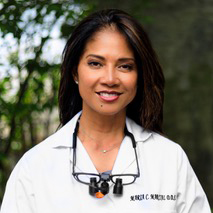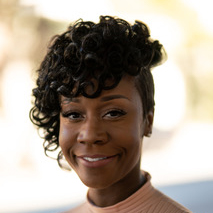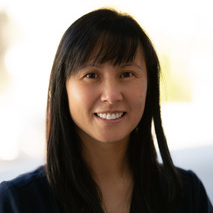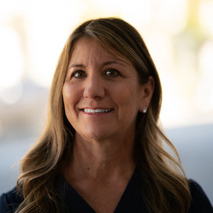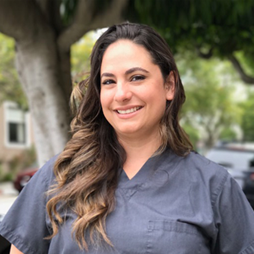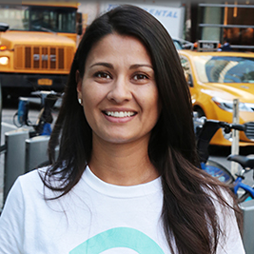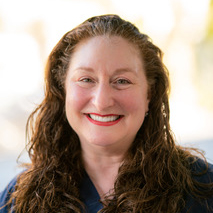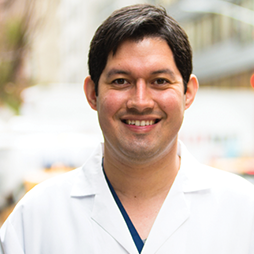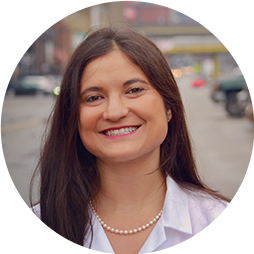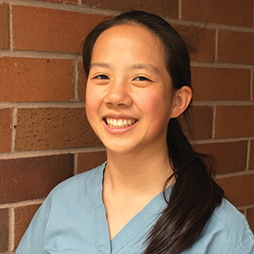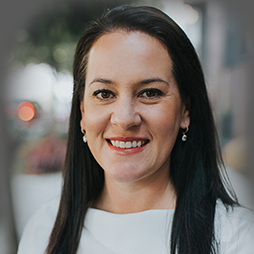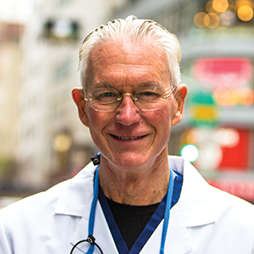
17 Sep Join the House Call Dentists at the CMSA-NYC Cruise on September 21
Back by popular demand, the New York chapter of the Case Management Society of America (CMSA- NYC) and Aging Life Care Association (ALCA) have come together for a very special event: “Cruise Around the Statue of Liberty.” CMSA represents nurses, social workers, and allied healthcare professionals who are dedicated to the practice of case management. ALCA focuses on holistic, client-centered approaches to caring for older adults or others facing ongoing health challenges. At the House Call Dentists, these issues are pivotal to our practice, and we’re excited to be part of this event. If you’ll be attending, be sure to drop by our table and say hello.
About the Event
CMSA and ALCA have arranged for an exclusive private event aboard the Manhattan II yacht for members and non-members alike. The festivities kick off on September 21, 2022, starting at 6:00 p.m. and ending at 9:00 p.m. During that time, participants will be treated to a scenic cruise to New York’s famed Statue of Liberty while enjoying dinner, dancing, exhibits with giveaways, and a cash bar.
The location is 299 South St, NY, NY, 10002, Pier 36, Slip 6. Interested parties can get all the event details here. To learn more about the CMSA-NYC or to become a member, visit the CMSA-NYC site.
House Call Dentists is a Gold Sponsor for the event, and we’ll be showcased starting at 6:35 p.m. We’d love to see you.
The Importance of Caring for Our Aging Population
Baby Boomers born between 1946 and 1964 are reshaping America’s older population. The current growth of the population ages 65 and older is unprecedented in U.S. history. Several demographic shifts will occur as a result.
- The number of Americans over the age of 65 is projected to double from 52 million to 95 million by 2060.
- The accelerating changes in racial and ethnic composition of the population under age 18 will likely create a diversity gap between generations.
- Many parts of the country, particularly the rural Midwest, are aging in place because disproportionate shares of young people have relocated elsewhere.
- Average U.S. life expectancy increased from 68 years in 1950 to 78.6 years in 2017, in large part due to the reduction in mortality at older ages. Despite the positive trends in longevity, longer life spans create increasing reliance on physical and oral healthcare in a system where the demand is outpacing the supply of skilled healthcare and dental professionals.
- The aging of the Boomer generation could fuel more than a 50% increase in the number of older Americans requiring nursing home care, to about 1.9 million in 2030.
- Demand for elder care will also be driven by a steep rise in the number of Americans living with Alzheimer’s disease, which could more than double by 2050 to 13.8 million, from 5.8 million today.
Medical and dental experts recognize that oral health is a vital aspect of overall health; as patients age, declines in oral health can have profound impacts on seniors with medically, functionally, or cognitively complex conditions. The Centers for Disease Control and Prevention (CDC) pointed out the growing oral health risks that seniors face:
- Untreated tooth decay. Nearly all adults (96%) aged 65 years or older have had a cavity; 1 in 5 have untreated tooth decay.
- Gum disease. A high percentage of older adults have gum disease. About 2 in 3 (68%) adults aged 65 years or older have gum disease.
- Tooth loss. Nearly 1 in 5 of adults aged 65 or older have lost all of their teeth. Complete tooth loss is twice as prevalent among adults aged 75 and older (26%) compared with adults aged 65-74 (13%). Having missing teeth or wearing dentures can affect nutrition, because people without teeth or with dentures often prefer soft, easily chewed foods instead of foods such as fresh fruits and vegetables.
- Oral cancer. Cancers of the mouth (oral and pharyngeal cancers) are primarily diagnosed in older adults; median age at diagnosis is 62 years.
- Chronic disease. People with chronic diseases such as arthritis, diabetes, heart diseases, and chronic obstructive pulmonary disease (COPD) may be more likely to develop gum (periodontal) disease, but they are less likely to get dental care than adults without these chronic conditions. Also, most older Americans take both prescription and over-the-counter drugs; many of these medications can cause dry mouth. Reduced saliva flow increases the risk of cavities.
The bigger challenge, however, is finding a way to treat the permanently homebound—a group of over 5 million seniors, who have functional limitations that confine them to their homes. Many of them experience profound difficulty accessing office-based care. Some can’t at all. Because of this, they rely on overwhelmed family caregivers or succumb to illness.
About the House Call Dentists
Caring for seniors and the permanently homebound is the mission and the passion of the House Call Dentists.
Mobile dentistry: Care in the comfort of familiar surroundings
Our fully equipped team of dentists, registered dental assistants, and mobile hygienists provide in-home dental evaluations and treatments with portable dental equipment. Based on our assessment, we determine the level of care required and whether treatment can be delivered in the home or under sedation in our office or the hospital. Providing sedation in any of these locations allows us to complete care in as few as one or two visits.
Caring for Seniors Is Our Specialty
We partner with families, care facilities, and health care providers – including dentists, physicians, care managers, and social workers – to develop a targeted daily dental care plan that complements successful treatment. When homebound seniors experience discomfort, we’re dedicated to making treatment as comfortable as possible. Initial visits include exams, digital x-rays, cleanings, and emergency care as needed to rapidly eliminate infection or pain. Our medical and dental teams meet or exceed hospital grade standards for sterilization safety.
Our multidisciplinary team of nationally recognized dentists, anesthesiologists, and MDs allows us to offer palliative treatment to full-mouth restoration in the safety and comfort of your home. We bring state- of-the-art mobile dental technologies to people who are homebound or have difficulty traveling to a dentist. We provide preventative, restorative, and emergency care 24/7/365. Our teams handle the setup and breakdown of all portable equipment, as well as access to our teledentistry platform, which provides real-time access to video visits with your dentist, treatment plans, and more.
To learn more about our mission, our services, and our commitment to providing the most comprehensive continuum of care, peruse our website.
